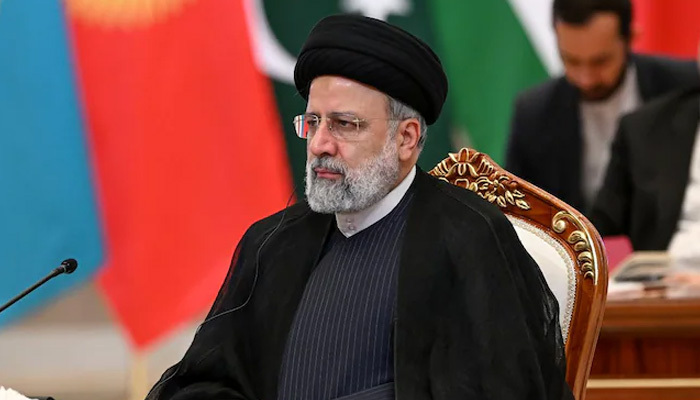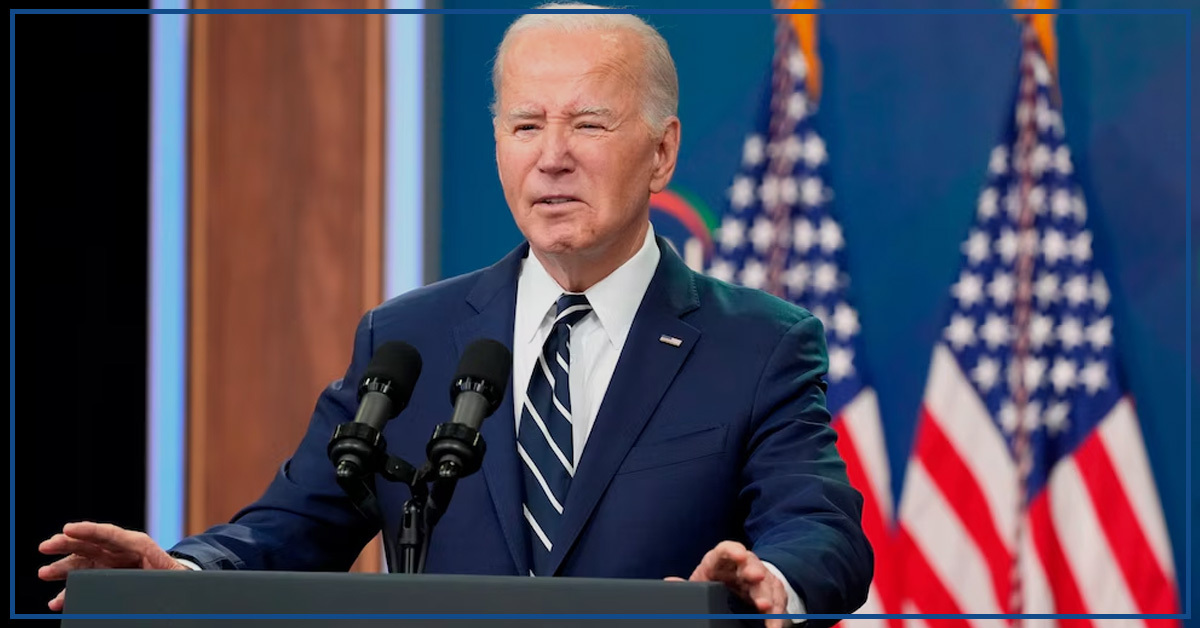On Saturday, U.S. President Joe Biden issued a stark warning to Iran about the possibility of a retaliatory attack against Israel amidst the escalating tensions in the Middle East. When asked by reporters for his message to Iran, Biden responded with a terse “Don’t” before entering his vehicle. This cautionary statement reflects the growing concern over the potential for increased violence in the region.
Biden’s warning comes in the context of ongoing hostilities that have significantly heightened tensions between Israel and various actors in the region. In April, Biden had previously warned Iran about potential repercussions if it acted against Israel. Shortly after that warning, Iran launched a substantial rocket and drone attack on Israel, which was a direct response to an Israeli airstrike on its diplomatic facility in Damascus, Syria. This airstrike had resulted in the deaths of at least seven members of Iran’s Islamic Revolutionary Guard Corps, including two senior generals, further inflaming regional hostilities.

The current tensions have been exacerbated by a series of high-profile assassinations. On July 31, Hamas’ political chief, Ismail Haniyeh, was killed in Tehran. Both Hamas and Iran have accused Israel of being behind Haniyeh’s assassination, although Israel has neither confirmed nor denied involvement. This incident has led to a vow from Iran to deliver “harsh punishment” to Israel in retaliation for Haniyeh’s death.
The situation was further complicated by an Israeli airstrike on July 30 that killed senior Hezbollah commander Fuad Shukr in a southern suburb of Beirut. This assassination has prompted expectations of retaliation from Hezbollah, adding to the already volatile situation in the region.
The broader context of this escalation includes the ongoing Israeli offensive in the Gaza Strip, which has resulted in a severe humanitarian crisis. Since the conflict reignited on October 7, following an attack by Hamas that killed 1,139 Israelis, nearly 39,800 Palestinians have lost their lives as a result of the Israeli military operations. This offensive has not only intensified the humanitarian crisis but has also drawn widespread international criticism and calls for de-escalation.
The cumulative effect of these events underscores the fragile state of regional stability and the high stakes involved in any further escalation. The international community, including the U.S., is closely monitoring the situation, with a particular focus on preventing the conflict from spiraling into a larger, more devastating regional war.





